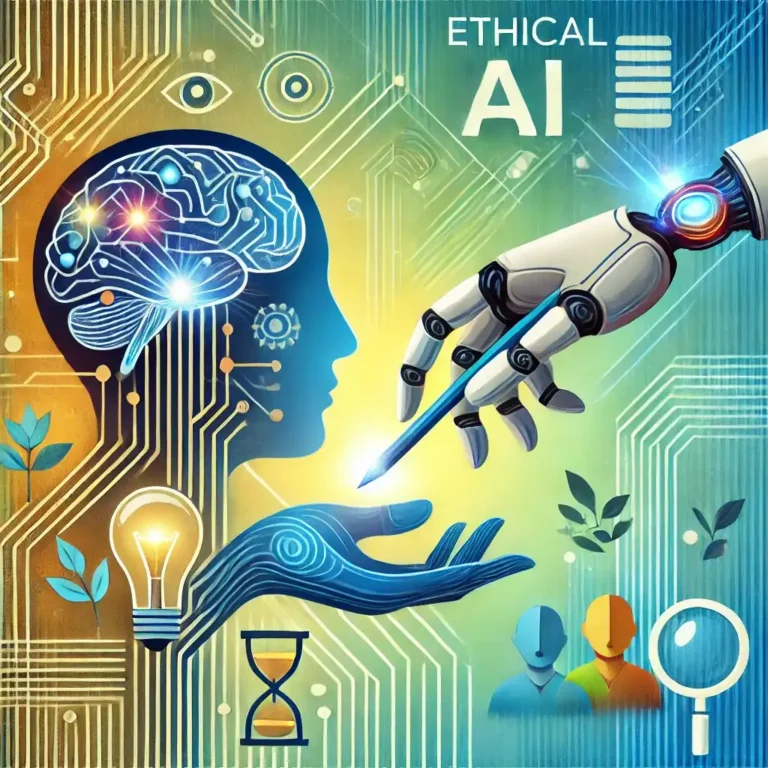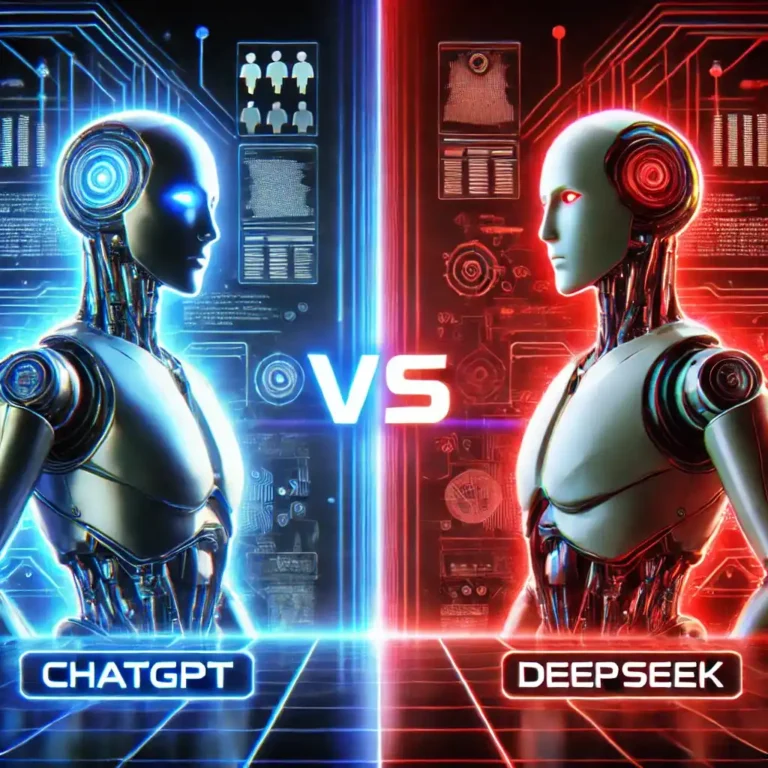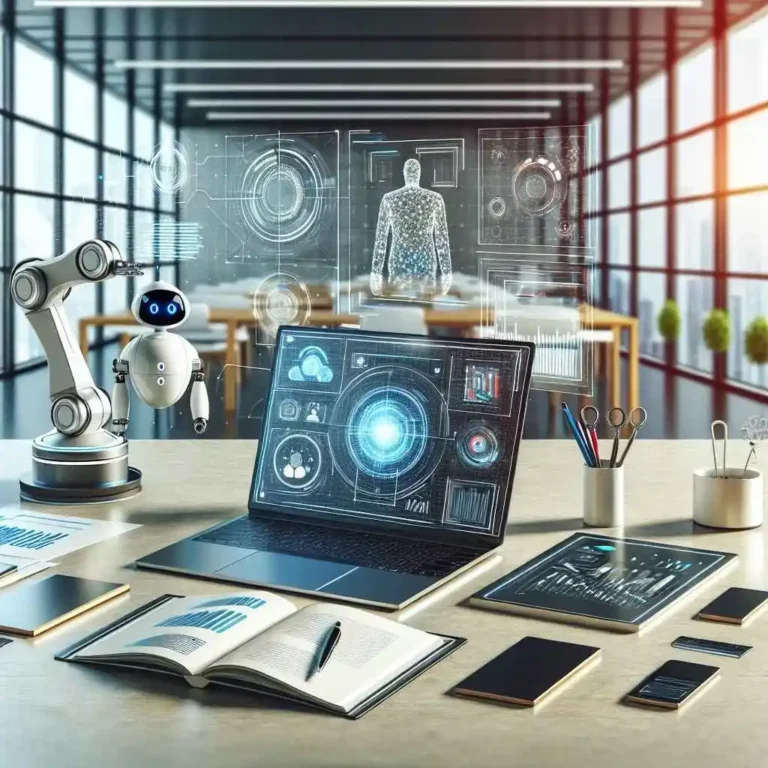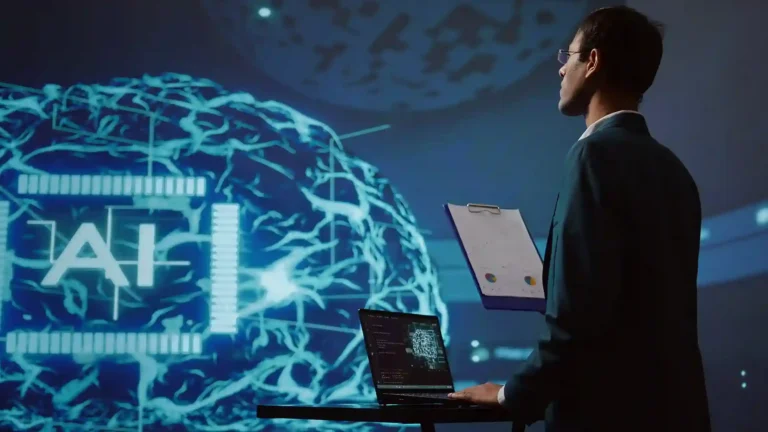AI-Powered Sustainability: Building a Greener Future for Businesses
Sustainability is the need of the hour. It is the responsibility of the businesses to balance economic growth with the least negative environmental impact. Achieving sustainable goals is not easy and here artificial intelligence (AI) steps, transforming how companies operate and make decisions.
With the help of AI, businesses can address environmental challenges with efficiency and profitability.
Why Businesses Must Embrace Sustainability
Sustainability is good for the planet and for businesses as well. Customers prefer eco-friendly brands, and investors consider sustainability performance to make investment decisions.
However, sustainable practices come with some challenges too. Efficient use of resources, reducing wastage, and reducing carbon emissions require innovative solutions. This is where AI comes in.
How AI Can Help with Sustainability
Artificial intelligence is a versatile tool to tackle many sustainability challenges effectively.
1. Optimizing Resource Management
AI algorithms analyze large sets of data to improve the allocation of resources.
- AI systems monitor the consumption of energy in real-time and suggest methods to minimize waste.
- AI-powered tools predict water needs and detect leaks to save resources.
- Manufacturers use AI to reduce material waste during production.
2. Reducing Carbon Footprints
Reducing greenhouse gas emissions is a top priority for many businesses. AI plays a pivotal role here.
- AI helps optimize logistics and supply chains, ensuring fewer emissions from transportation.
- Building systems that are powered by AI to manage the use of energy, reducing electricity consumption and cost.
3. Circular Economy Practices
The circular economy promotes reducing, reusing, and recycling materials. AI enhances this by:
- Improving waste sorting and recycling efficiency.
- Tracking product life cycles to promote reusability.
- Helping companies design products that are easier to recycle or repurpose.
4. Protecting Natural Ecosystems
AI aids in monitoring and conserving natural habitats.
- Satellite imagery and AI detect deforestation and illegal mining activities.
- AI-powered drones monitor wildlife and track endangered species, preventing poaching.
Role of AI in Sustainable Development
Meeting present needs without compromising the future is sustainable development. AI supports this by innovative solutions in different sectors:
1. Agriculture
Water scarcity, soil degradation, and food waste are the problems faced by the agriculture sector, which can be addressed by AI.
- Precision farming uses AI to determine the optimal amount of water, fertilizer, and pesticides.
- It predicts weather patterns helping farmers to plan better and reduce crop losses.
- AI monitors soil health, ensuring long-term agricultural sustainability.
2. Renewable Energy
AI is playing its part in renewable energy management.
- Predictive algorithms forecast energy demand, ensuring efficient use of solar and wind resources.
- It optimizes the performance of renewable energy systems, reducing downtime and maximizing output.
3. Urban Development
AI helps cities go smarter and greener.
- AI-powered Traffic management systems reduce congestion and emissions.
- Smart grids ensure efficient distribution of energy and reduce waste.
- AI aids in urban planning to develop eco-friendly infrastructure.
Real-World Examples of AI-Powered Sustainability
- Microsoft has set a goal to be carbon-negative by 2030. It uses AI to track and reduce its carbon footprint. For instance, AI tools help optimize data center energy usage, lowering electricity consumption. The company also invests in AI projects that enhance carbon capture technologies.
- Google controls energy consumption at its data centers. The cooling systems are monitored and adjusted in real-time, resulting in less energy waste while maintaining performance.
- Coca-Cola has integrated AI into its recycling initiatives. Smart robots identify and sort recyclable materials with accuracy, improving the efficiency of recycling plants.
- John Deere employs AI to support sustainable farming practices. Their smart tractors analyze the condition of the field and apply fertilizers or pesticides where needed, protecting the health of the soil.
How AI Can Help Save the Planet
The examples above depict business applications of AI but broader implications for saving the planet are great. With the combination of data analysis, automation, and predictive capabilities, AI drives valuable changes:
1. Climate Change
AI predicts climate change, which helps governments and organizations to act accordingly. For example, AI forecasts extreme weather events, giving time to prepare to face it.
2. Pollution Reduction
AI-powered sensors detect pollutants present in the air and water. Businesses can use this information to adjust their processes and reduce negative environmental impact.
3. Biodiversity
AI helps researchers to map and protect biodiversity hotspots. Satellite imaging and predictive analytics make sure resources are directed where needed the most.
The Future of AI-Powered Sustainability
As AI technology advances, its potential to drive sustainability also grows. Key areas to watch include:
- Innovations addressing climate change more effectively, from renewable energy systems to carbon removal technologies.
- Helping companies create products with minimal environmental impact.
- Businesses, governments, and researchers working together to leverage AI for global sustainability goals.
Why Businesses Should Act Now
Investing in AI-powered sustainability is about saving the planet and the future. Companies that incorporate sustainable practices often see improved efficiency, reduced costs, and stronger loyalty with the brand. It equips businesses to meet different environmental challenges, better use of resources, and contribute to a greener and brighter future.
By integrating AI into their operations, companies can drive effective change. Sustainability is no longer a choice but a necessity to survive in the future and with AI by their side, businesses are equipped to lead the charge in building a better world.






